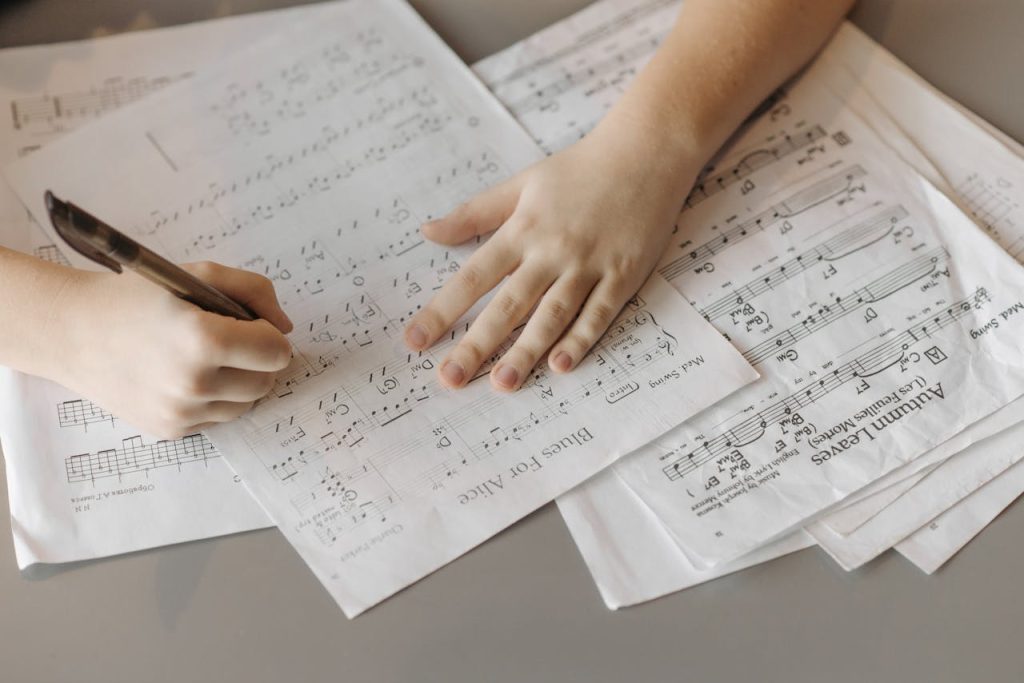As a piano teacher, I’ve worked with students of all abilities—including kids with autism, dyslexia, ADHD, and other neurodiverse learning styles. One of the most common questions parents ask me is:
“Can my child with special needs learn to play piano?”
The answer is yes—and with the right approach, they can thrive.
Why Piano Lessons Benefit Neurodiverse Kids
Piano isn’t just about music; it builds focus, coordination, and self-expression. For kids with autism, dyslexia, or ADHD, piano lessons can also:
- Strengthen fine motor skills and hand-eye coordination.
- Boost confidence through achievable goals.
- Provide a calming, structured activity that encourages creativity.
But success depends on how the lessons are taught.
My Approach to Teaching Piano to Kids with Autism, Dyslexia, and Other Learning Differences
1. Build Trust First
For many neurodiverse students, especially those with autism, comfort and routine are key. I start by creating a calm, predictable environment. Sometimes our first lessons involve exploring the piano without pressure—pressing keys, listening to sounds, or moving to rhythms together.
2. Adapt How Music Is Taught
Traditional sheet music can be overwhelming for kids with dyslexia or processing challenges. I often use:
- Color-coded notes to make patterns easier to see.
- Simplified notation before introducing standard sheet music.
- Hands-on activities like clapping rhythms or singing melodies.
These strategies help make reading music a tool, not a roadblock.
3. Use Their Strengths
Many kids with autism or ADHD have incredible listening skills or strong pattern recognition. Some memorize songs quickly or learn better by ear. I adapt lessons to highlight those strengths while slowly building new skills.
4. Keep Lessons Flexible
Not every lesson needs to look the same. Some days, progress means learning a new song; other days, it means improvising a melody or simply enjoying making sounds. Consistency matters, but so does flexibility.
5. Celebrate Every Victory
Whether it’s playing with both hands for the first time or performing for family, I celebrate every milestone. These small successes build confidence and motivation for bigger goals.
Can a Child with Autism or Dyslexia Really Learn Piano?
Absolutely. Piano lessons for kids with autism, dyslexia, or other learning differences may look a little different, but with patience and the right approach, they can not only learn but also fall in love with music.
Thinking About Piano Lessons for Your Child?
If you’re a parent in the Charlotte, NC area looking for piano lessons for kids with autism, dyslexia, or ADHD, I’d love to help your child discover the joy of music.

